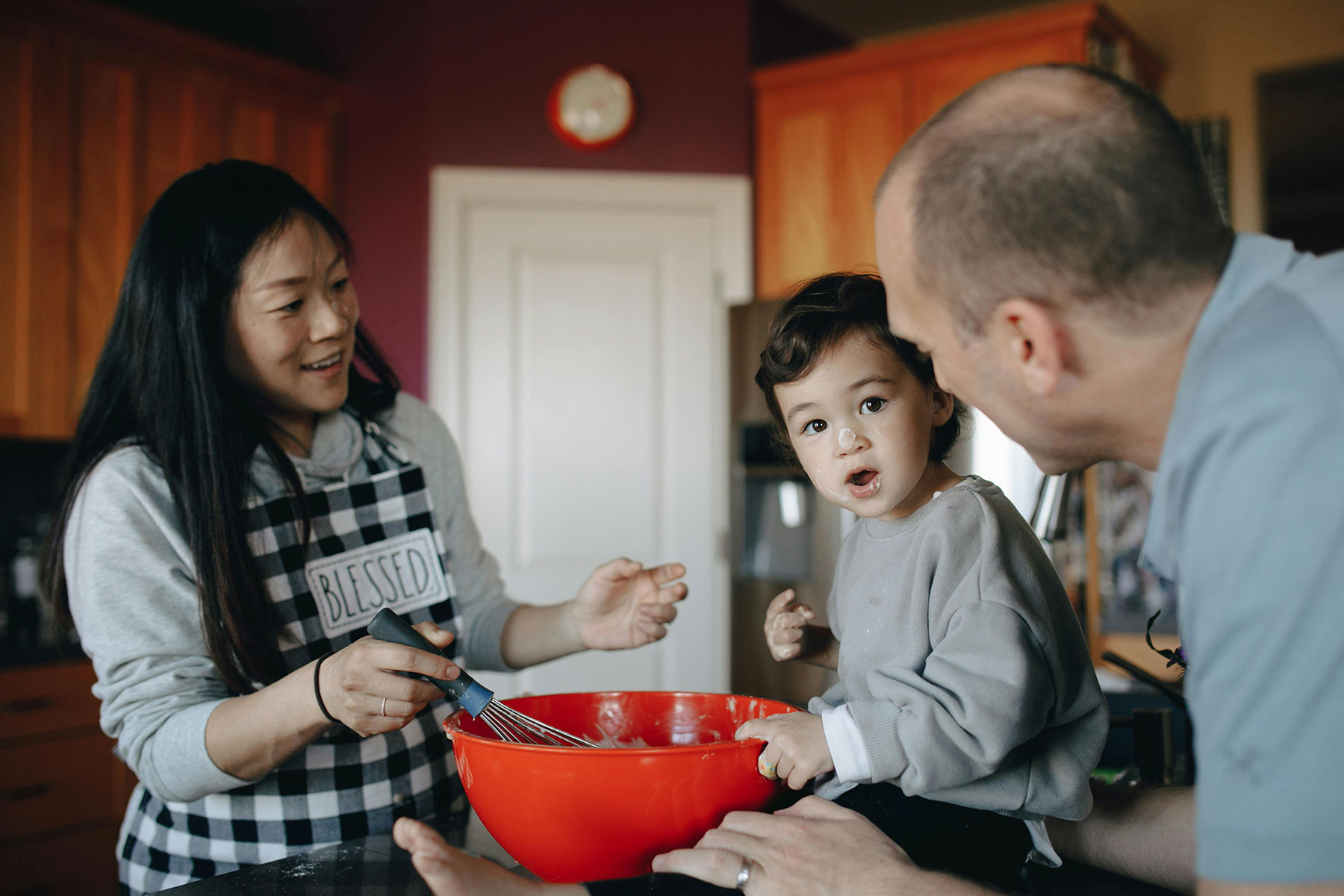
By Amanda Merck
Oprah Winfrey is raising awareness about childhood trauma and the need for trauma-informed care.
Childhood trauma—like abuse, neglect, and poverty—changes a child’s brain, body and behavior.
Behavior is often the first “red flag” of trauma.
But too often caregivers, teachers, and law officers misinterpret that red flag as “bad behavior” that needs “fixing.” They are rarely trained on the science of childhood trauma and how it affects Latino and all children.
That is why Oprah Winfrey returned the city where she grew up facing poverty, sexual abuse and other negative experiences to explore the science of childhood trauma on 60 Minutes with trauma expert Dr. Bruce Perry.
Share This Post!
Healing Frameworks: Understanding ACEs in Indigenous Communities
The National Indian Health Board (NIHB) is committed to advocating for the health and well-being of Indigenous communities. One of our key initiatives focuses on addressing adverse childhood experiences (ACEs), which are traumatic [...]
Gratitude Not Required: A Trauma-Informed Thanksgiving for Children in Care
By Beth Tyson Children impacted by any kind of family separation, whether it be foster care, adoption, or divorce, don’t have to feel thankful during Thanksgiving or any other holiday. There, I [...]
Emotional and Psychological Trauma
By Lawrence Robinson, Melinda Smith, M.A. and Jeanne Segal, Ph.D. What is emotional and psychological trauma? Emotional and psychological trauma occurs when extraordinarily stressful events shatter your sense of security. Psychological trauma can leave you [...]
Understanding Childhood Trauma: Ways to Support Young People
By Boys & Girls Clubs of America For generations, tough childhood experiences have been swept under the rug by phrases like these. Oftentimes, the reason why is simple: many families simply did [...]
Addressing The Link Between Trauma And Addiction
By National Governors Association Many Americans have experienced traumatic events, toxic stress, and other types of adversity in childhood. However, repeated exposure to trauma and adversity in childhood predicts a variety [...]
The Health Benefits of Volunteerism
By Eric Burger It’s a simple fact that every nonprofit organization knows: volunteering makes you feel better. But did you know that the anecdotal stories about volunteering health benefits have been [...]







